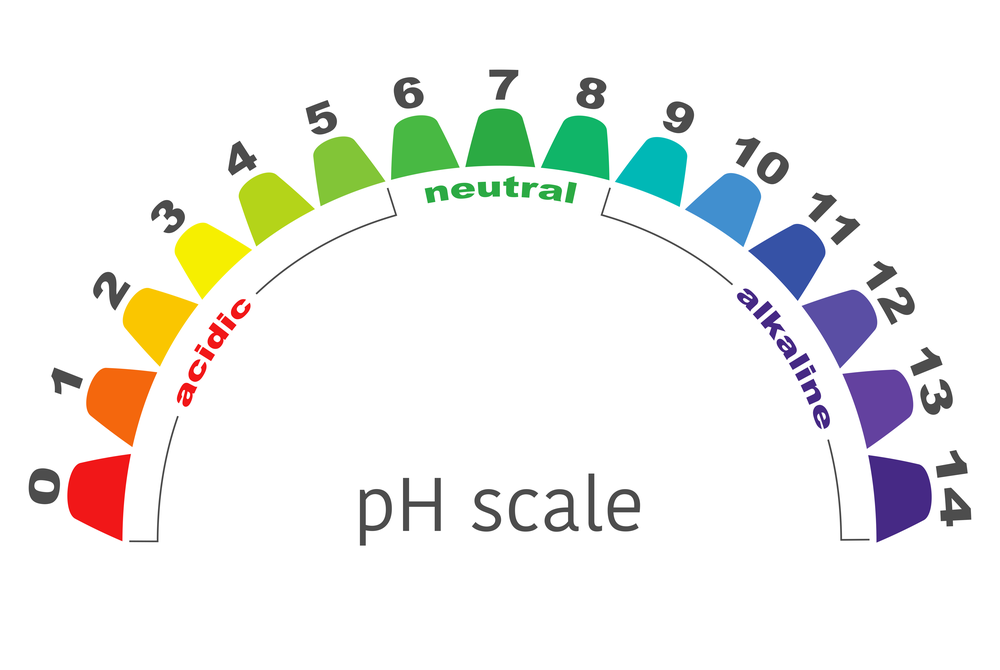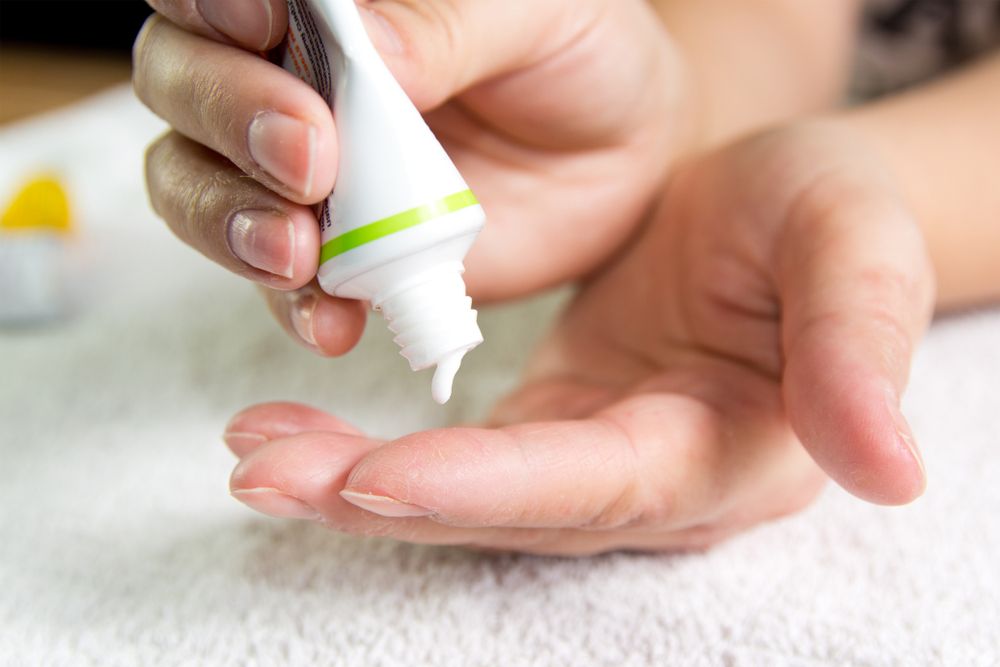Yeast is a type of fungus, (Learn More – Yeast Infections) and yeast infections are common in women. Pregnant women may have an increased risk of developing yeast infections. (Learn More – Increased Risk)
There are several different symptoms that are associated with a yeast infection. (Learn More – Symptoms of a Yeast Infection)
If left untreated, there can be complications. (Learn More – Potential Complications)
If you think you might have a yeast infection, you should have it formally diagnosed by your physician in order to confirm the diagnosis and rule out other potential issues. (Learn More – Diagnosis)
The most effective treatment may be prevention. (Learn More – Prevention of Yeast Infections)
The use of topical treatments like creams is recommended for women who are pregnant, as oral medications may have potential risks. (Learn More – Treatment)
With treatment, yeast infections should resolve within 7 to 14 days. (Learn More – How Long Will It Take to Clear?)
If you suffer from more than four yeast infections a year, you may require additional interventions. (Learn More – Repeat Infections)
Yeast Infections
Yeast is a type of single cell fungus that can cause infections in people. Vulvovaginal moniliasis or vulvovaginal candidiasis are referred to as yeast infections of the vagina or yeast infections of the vulva respectively.
The strains of yeast that typically cause these types of infections include:
- Candida albicans (most common)
- Candida glabrata
- Candida tropicalis
The American Family Physician reports that about 75% of women will experience at least one yeast infection in their lifetime, and nearly 50% of women will get two or more infections.
The risk of developing a yeast infection appears to be higher in pregnant women, and yeast infections are common during pregnancy, according to the available research. This is most likely due to hormonal changes during pregnancy, such as elevated estrogen levels.
Because a pregnant woman can pass yeast on to the infant during delivery, it is important to have a yeast infection treated if you are pregnant.
Increased Risk
A yeast infection is typically diagnosed when the number of yeast cells that normally reside in the vagina increases to the point where the woman experiences symptoms. Risk factors for yeast infections include:
- Being pregnant
- The use of some types of medications, including certain antibiotics, steroids like prednisone, or birth control pills
- Having diabetes
- Having other diseases like HIV or sexually transmitted diseases
These situations can alter the pH balance in the vagina and allow yeast to multiply.

Symptoms of a Yeast Infection
When you have a yeast infection, you may experience:
- Itching in the vulva and vagina
- A white vaginal discharge that may look like cottage cheese, but has no odor
- A burning sensation during urination
- Soreness in the vulva or vagina
- A rash that can be around the vaginal area or on the thighs. These symptoms may last for a few hours, days, or weeks.
In newborn babies who develop a yeast infection in the mouth, the condition is generally referred to as thrush.
Potential Complications
If your immune system is not in a weakened state, yeast infections will not typically lead to serious complications. If you have a weakened immune system, a yeast infection can create more serious complications or infections.
Even pregnant women do not typically experience serious complications from a yeast infection. However, as mentioned above, you can pass it on to your baby. Yeast infections in your baby can be potentially serious because babies do not have well-developed immune systems, and the infection can spread to other areas of the body.
Diagnosis
Yeast infections are typically diagnosed with a physical exam. In some cases, your physician may want to take a culture of your vaginal discharge to rule out or identify the types of yeast present.
If you are experiencing symptoms of a potential yeast infection, you should see your physician to rule out sexually transmitted diseases (like gonorrhea, chlamydia, or trichomoniasis) or some other infection like bacterial vaginosis. These conditions often present similar symptoms to yeast infections.
Prevention of Yeast Infections
There are several things you can do to help prevent yourself from developing a yeast infection. Try these day-to-day preventive measures:
- Wear cotton underwear
- Keep your vaginal area dry and clean
- Limit the use of douches and feminine hygiene sprays
- Avoid bubble baths
- Do not use scented toilet papers or sanitary pads
- Avoid wearing tight pants or pantyhose
- Dry off immediately after bathing or swimming
Treatment
Antifungal creams and suppositories are the most common methods of treating yeast infections.
 If you are pregnant, discuss the situation with your physician. Make sure you actually have a yeast infection, and only use products that are safe for pregnant women.
If you are pregnant, discuss the situation with your physician. Make sure you actually have a yeast infection, and only use products that are safe for pregnant women.
Oral drugs like fluconazole (Diflucan) may not be safe for pregnant women. They may increase the risk of miscarriage or birth defects.
Safe antifungal creams for pregnant women include:
- Gyne-Lotrimin (clotrimazole)
- Monistat (miconazole)
- Terazol (terconazole)
Discuss the use of any home remedies for yeast infections with your physician first.
How Long Will It Take to Clear?
It can take up to 14 days to completely clear up the infection.
Once the infection has cleared, you can avoid another infection by using a starch-free drying powder in addition to other preventative measures described above.
Repeat Infections
If you experience four or more yeast infections in a year, you may have recurrent vulvovaginal candidiasis. This can be a sign that you have some other disorder like diabetes.
Consult with a physician if you have recurrent infections. If your pregnancy is the cause of your yeast infections, the issue should resolve once you deliver your baby.
References
Yeast. (February 2019). Britannica.
Vaginitis: Diagnosis and Treatment. (April 2011). American Family Physician.
Vulvovaginal Candidiasis in Pregnant Women and Its Importance for Candida Colonization of Newborns. (June 2016). Folia Medica.
Sexually Transmitted Diseases (STDs) and Pregnancy. (July 2019). American Pregnancy Association.
Bacterial Vaginosis – CDC Fact Sheet. (February 2017). Centers for Disease Control and Prevention.
What’s the best way to treat a yeast infection during pregnancy? (November 2018). Mayo Clinic.
Recurrent vulvovaginal candidiasis. (June 2017). Canadian Family Physician.


